Alternatives to Spanking


Stay Positive
Spanking can bring more issues, like:
- Antisocial behavior
- Aggression
- Injury
- Mental health problems
Plus, critics say it just doesn’t work.
Use positive reinforcement when your kid does something good. Praise works. Kids will look for further approval.
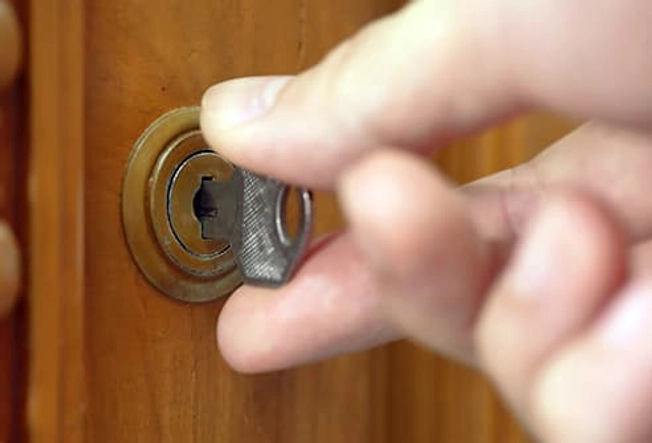
Change the Environment
Before your kid messes with the liquor cabinet, lock the door. If the kids are tussling over a toy, take the toy. Many times, changing the surroundings will change behavior. It’ll also squelch the need for more serious punishment.
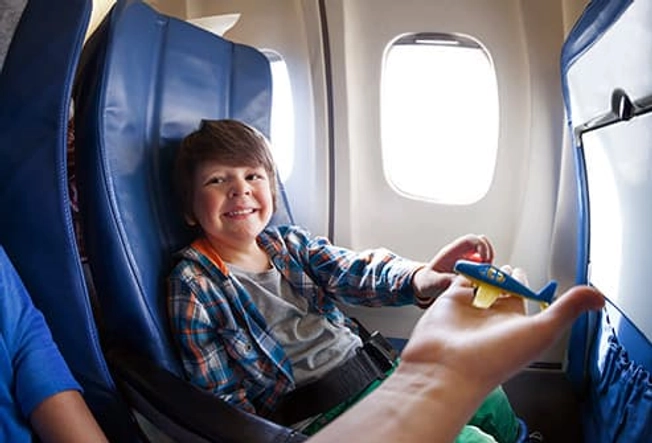
Prepare, Prepare, Prepare
Bring toys if you’re going somewhere your small child may act out. Take a snack if you think hunger may make them cranky. If sleepiness might bring trouble, think about a nap before you head out. It’s always better to nip the bad behavior before it happens than to try to deal with it in the moment.

Lay Down the Law
You have to have rules. The more everyone understands them -- and what happens if they aren’t followed -- the better off the family will be. Flexibility is OK, especially with older kids. But reasonable rules -- and punishments -- are needed. Think about posting rules and their consequences somewhere in the house. It’ll help with consistency.

Be Consistent
If house rules say that your kids must wash their hands before dinner, make sure it’s done every time. Rules don’t work if they’re selectively enforced. Kids need to know that they aren’t changing -- and the consequences of not following them aren’t either.
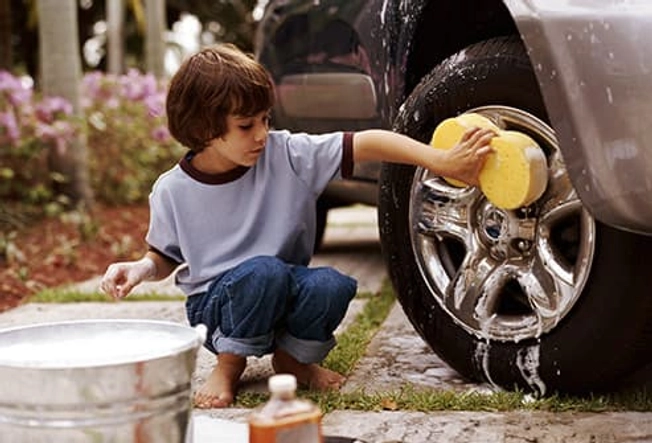
Truth in Consequences
Everyone needs to know bad behavior comes with consequences. Whether it’s no TV, no cellphone, or more yard work, kids need to know that breaking the rules has a cost. You don’t need to hammer on it. Let the punishments show them. Be firm -- and consistent.

Turn a Deaf Ear
Yes, ignoring bad behavior is an option to spanking. It can work very well, especially with younger kids. With kids craving attention, sometimes no action is the best action. If a hissy fit does no harm -- if it’s just annoying -- some selective deafness can say, “Hey. That’s not gonna work.”
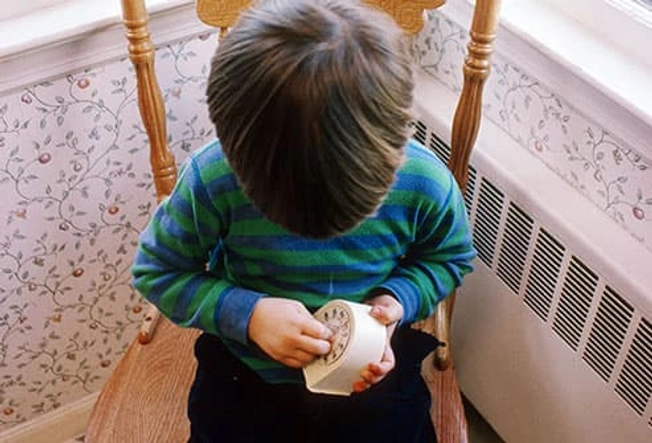
Give Them a Time-out
It’s a useful, effective tool. A good rule is a minute for each year of your child’s age. They should keep quiet in a corner or chair. Don’t interact with the kid while they're in the pokey. That’s a big part of the punishment. When it’s over, other than maybe an apology from the child, that’s it. Don’t bring it up again.

Take Your Own Time-out
If you’re about to blow your top, don’t. Hand off to another adult. Call a friend. Count to 10. Take a bath. Take enough time to get calm so you know what to do next time. Humor can break the tension, too.
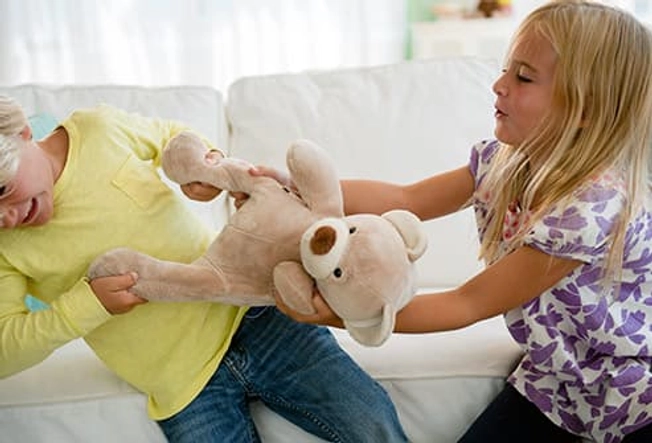
Look Over There!
A good way to set a misbehaving kid straight is to turn their attention elsewhere and distract them. They want a toy someone else has? Look at this cool toy! If they’re grabbing or hitting, it might take a trip outside or to another room.
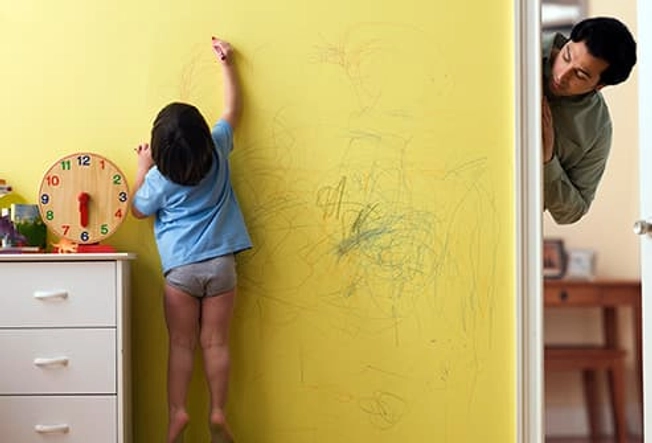
Be the Bigger Person
When the kids act out, it’s up to you to be the adult. That means control the urge to hit. Be calm. Be cool. Avoid the lifelong problems spanking can bring your child by staying under control.
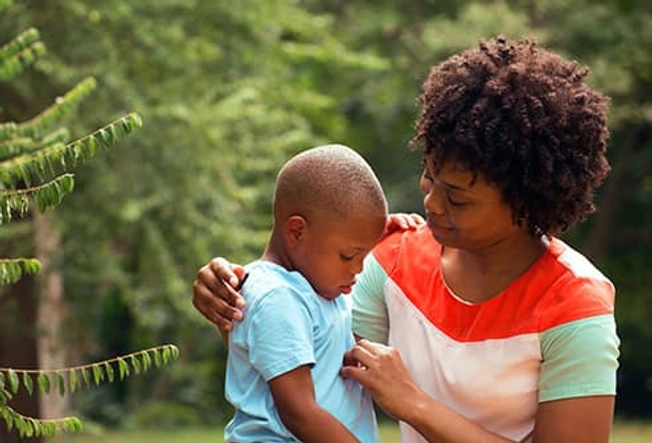
Be Compassionate
A Stanford study showed that middle school teachers who took an “empathetic mind-set” toward wayward students gave half as many suspensions as those who didn’t. That can work at home, too. Talk to your misbehaving kid calmly, clearly, and with understanding.
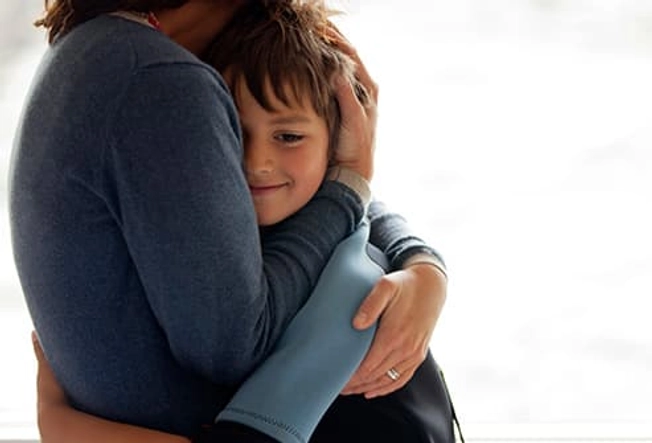
Give ‘Em a Hug
Kids misbehave. They’re kids. And good parents discipline them for it. But the give-and-take doesn’t have to be negative. Use it as a teaching moment to promote good behavior. After all is said and done, a little hug shows kids they’re still loved.
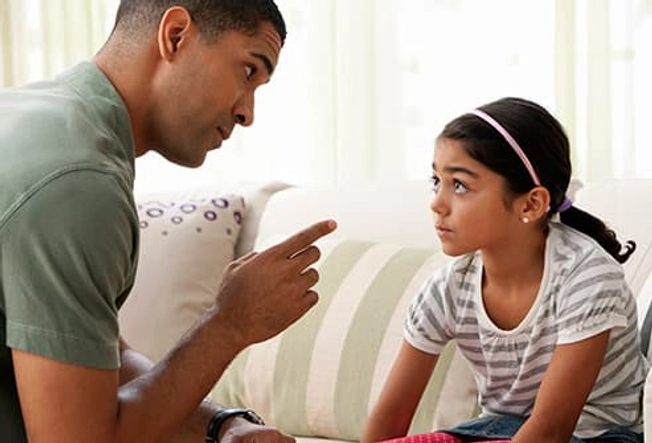
Make Sure You’re Understood
When you’re disciplining, be clear. Look your child in the eye. Be calm and measured. Tell the kid what to do (“Eat your spinach”) not what NOT to do (“Don’t play with your spinach”). If they still misbehave, explain the consequences. Follow through swiftly and consistently, too.
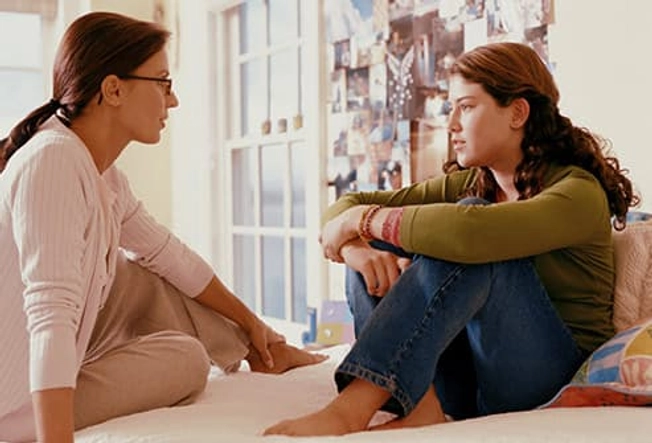
It’s OK to Negotiate
Especially with older children, being flexible enough to negotiate discipline and punishments can help everyone. Involving kids in making decisions adds to their moral judgment. It won’t work with an angry toddler, though.
